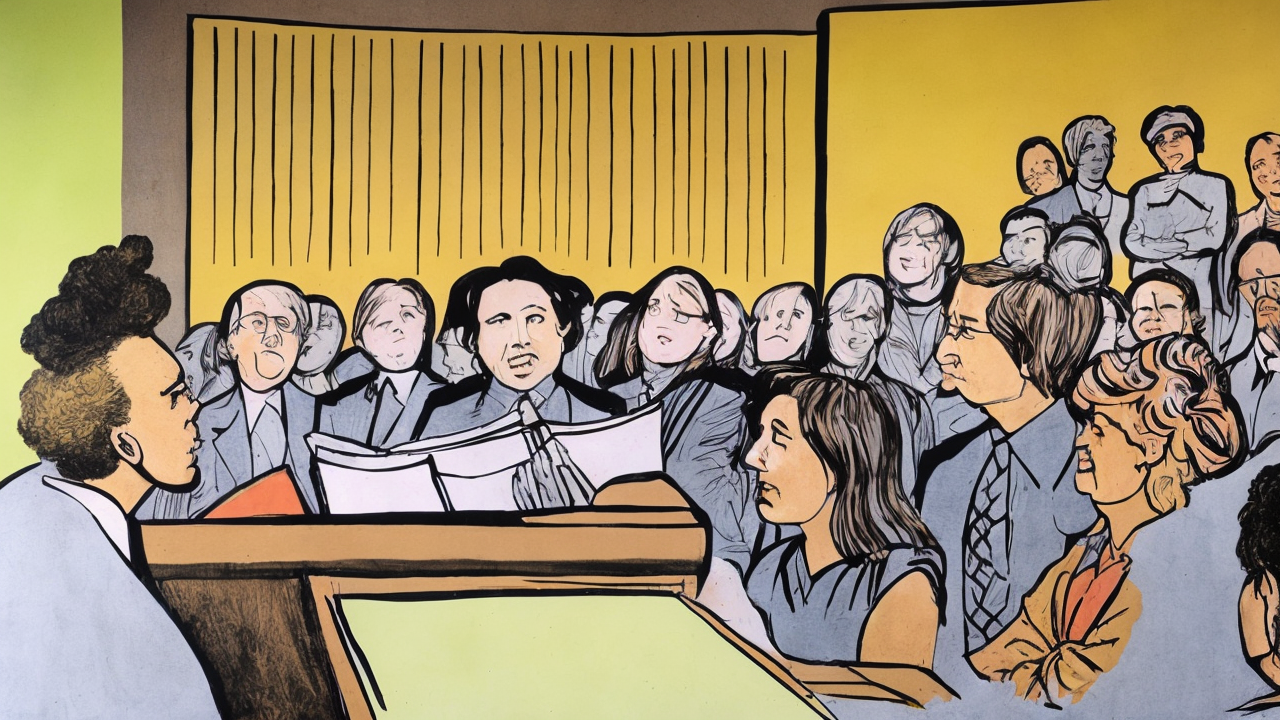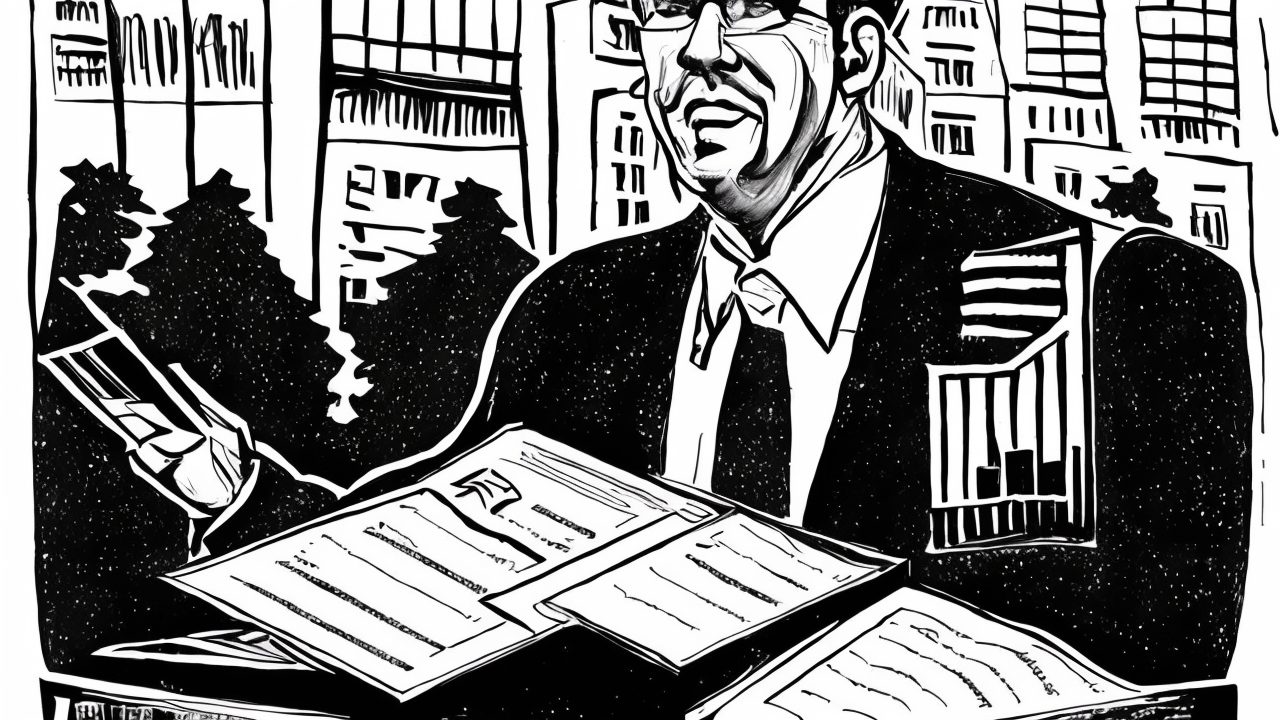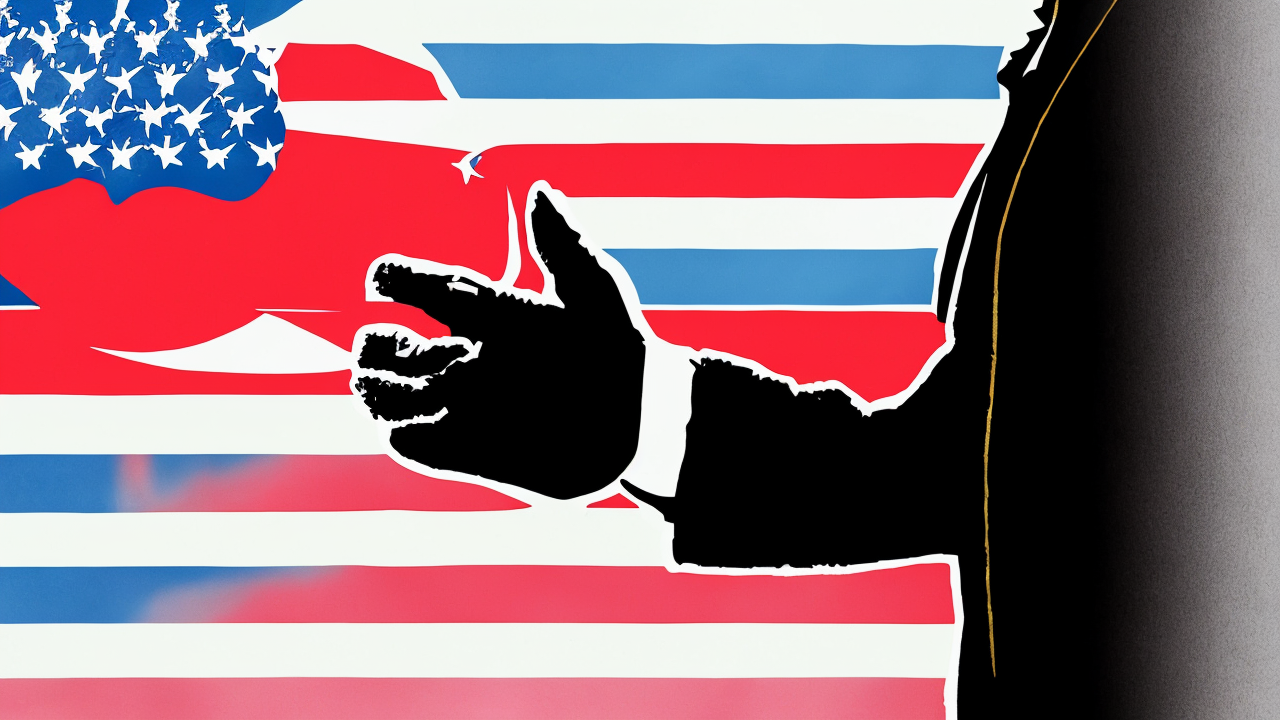Liberals Hypocritically Condemn Cancel Culture While Practicing It for Decades

In recent years, debates over free speech have grown increasingly heated. One side accuses the other of stifling open dialogue. But a closer look reveals a troubling pattern: many who now criticize "cancel culture" were once its most passionate advocates—especially when it came to silencing conservative voices. This contradiction is not simply a matter of political bias. It points to a deeper decline in the principles that once supported civil discourse in America.
Take Roseanne Barr, for example. In 2018, her return to television on ABC was celebrated. Her show quickly became the most-watched series of the year. But within months, she was dropped from the network after a series of social media posts that critics labeled offensive. At the time, many in the liberal media defended the decision, calling it a necessary stand against racism and intolerance. Today, those same outlets decry cancel culture. Yet they were among the loudest voices demanding her removal.
Tucker Carlson’s exit from Fox News in 2023 followed a similar path. Officially, the reason given was a "creative difference." But the timing and context suggest broader pressures—corporate settlements and shifting ideological climates. For years, Carlson’s critiques of mainstream narratives on pandemic policies, immigration, and cultural change were dismissed as inflammatory. When he was ultimately let go, the same critics who once supported silencing dissent now claim to be protecting free expression.
Other high-profile cases confirm this trend. In 2021, actress Gina Carano was fired from a Disney production after expressing views on gender identity and public health. Lucasfilm called her statements “abhorrent,” and she was quickly removed from a major franchise. Alex Jones faced platform bans in 2018, not because of proven incitement, but because his views were labeled “hateful”—a judgment made without due process or full context.
Even well-known public figures like J.K. Rowling and Megyn Kelly have faced professional consequences for speaking out on controversial topics. Rowling was excluded from Harry Potter projects due to her views on gender identity. Kelly was let go from NBC after a controversial comment about Halloween costumes. Glenn Beck left Fox News in 2011, citing pressure from progressive watchdog groups such as Media Matters, which had long worked to undermine his credibility.
These are not random events. They reflect a consistent pattern: when conservative viewpoints challenge dominant narratives, they are often met with swift professional consequences. Yet similar actions by left-leaning individuals are frequently ignored or excused.
The real issue is not accountability itself. It is the lack of consistency in how that accountability is applied. A healthy society depends on fair and equal standards. When one group demands accountability for speech while exempting its own, it weakens the foundation of open dialogue. The result is not justice, but fear. People begin to avoid speaking honestly, afraid of professional fallout.
This is not a call to silence anyone. It is a call for fairness. We must return to a standard where truth, reason, and respect guide our conversations. America has always thrived on the ability to disagree without destroying one another. When we abandon that principle, we damage the shared culture we all depend on.
The way forward is clear. Let us build a dialogue rooted in dignity, merit, and mutual accountability. Let us judge ideas not by the speaker’s ideology, but by their truth and intent. And let us protect the right to speak—even when we disagree. Only through open, respectful exchange can we grow as individuals and as a nation.
Published: 9/18/2025








